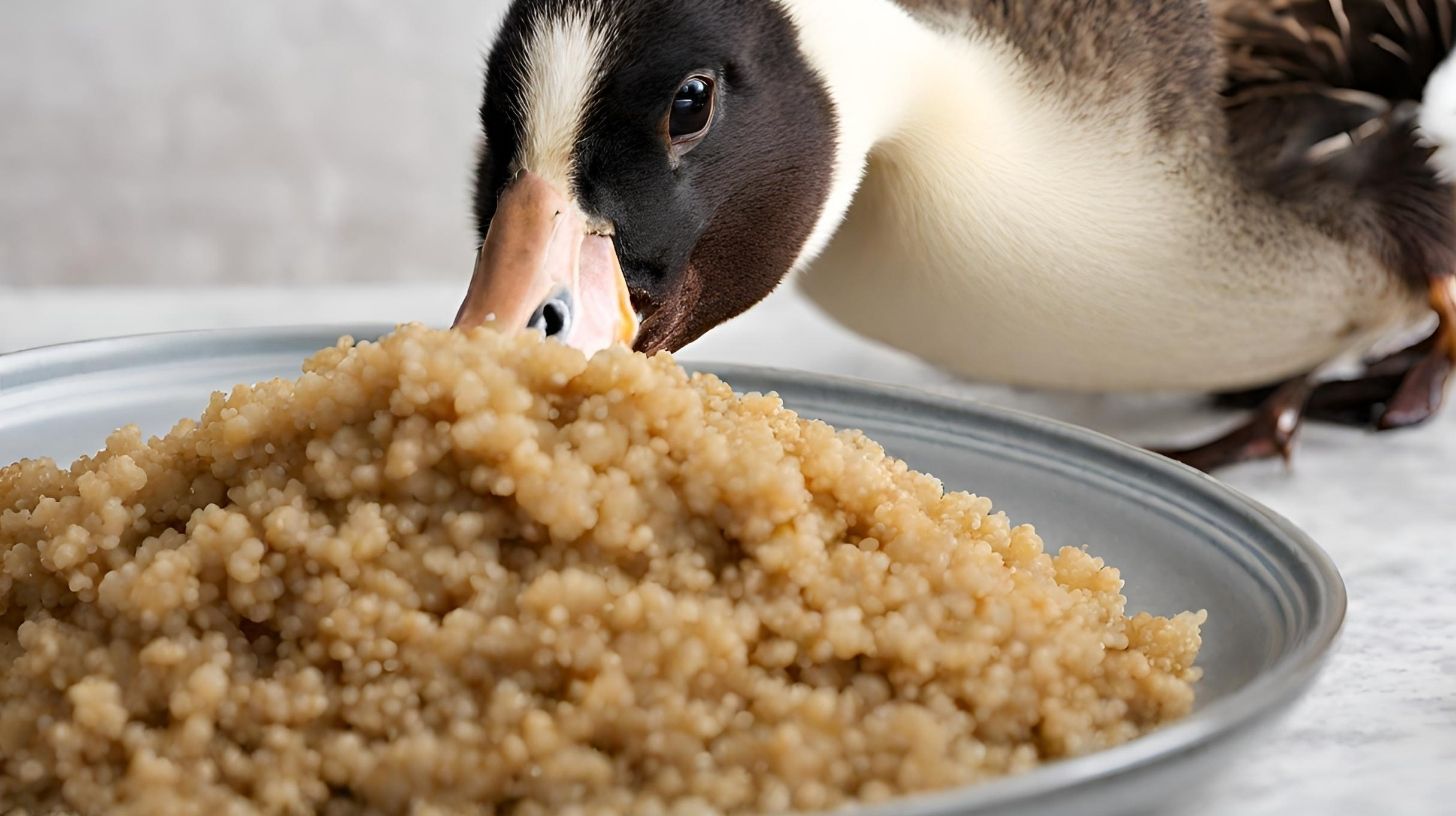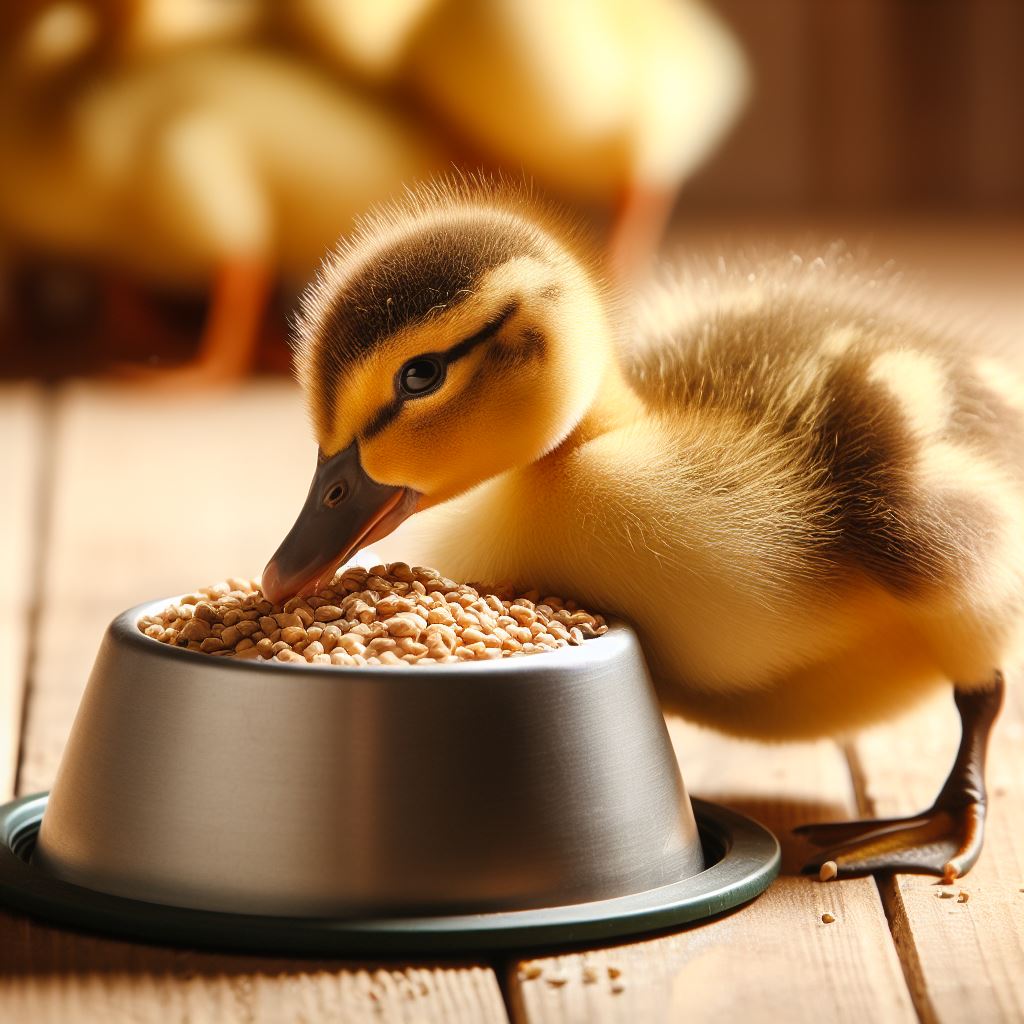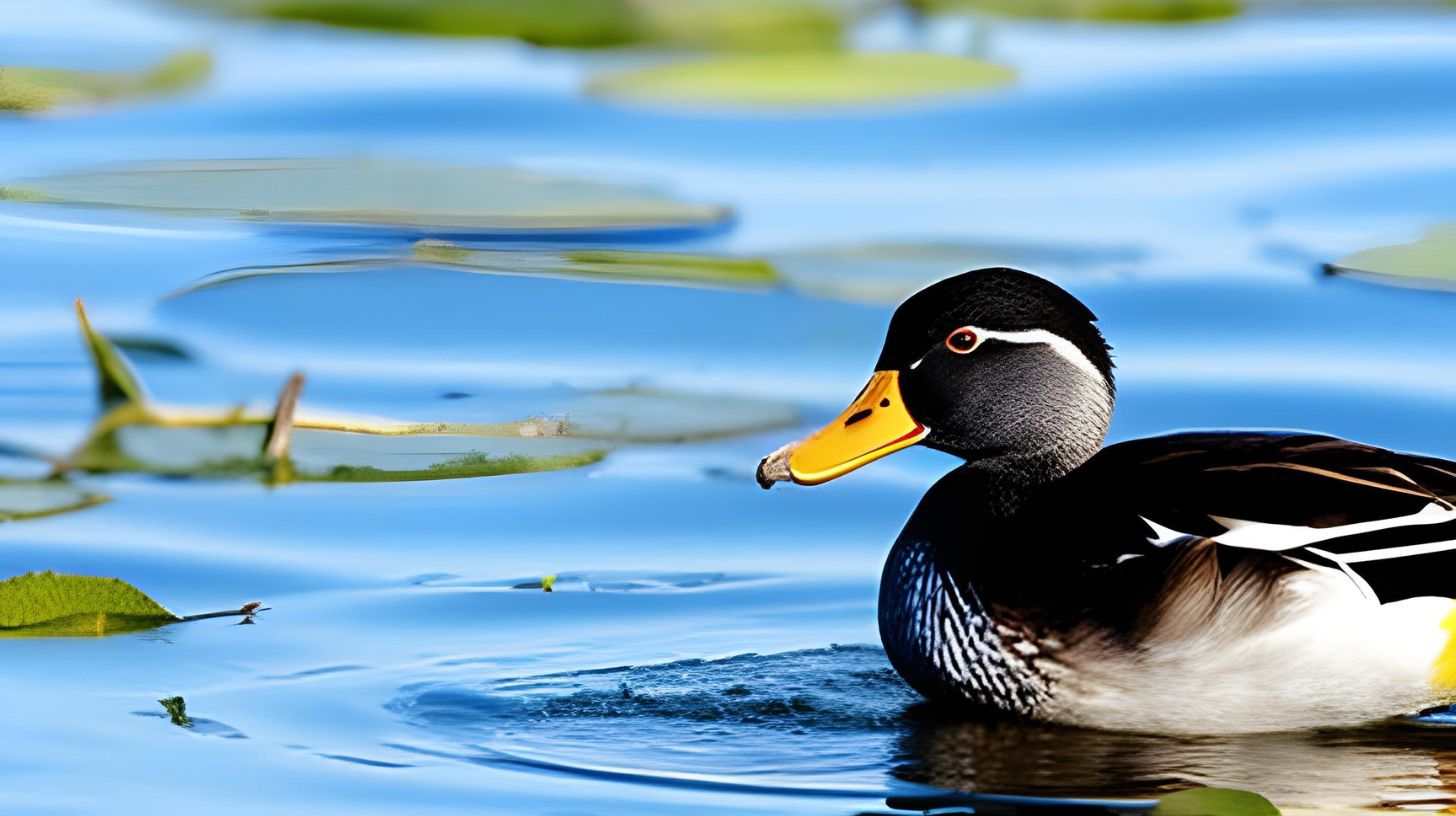Can Ducks Eat Raspberries?

Table of content:
Raspberries are a tasty, healthy fruit that provides many vitamins, minerals, and antioxidants beneficial for humans. But can ducks eat raspberries as well? As with any new food for ducks, it’s important to understand how raspberries may fit into a duck’s diet before offering them. Let’s take a closer look at whether domesticated pet ducks, backyard ducks, baby ducklings, and wild ducks can all enjoy raspberries.
An Overview of a Duck’s Natural Diet
To understand if ducks can eat a particular food, it’s helpful to start with what they would naturally eat in the wild.
A wild duck’s diet consists mostly of vegetation, insects, small fish, and crustaceans. Their bills are perfectly adapted for straining food from water as they forage.
Many species of wild ducks are omnivorous, meaning they eat both plant and animal matter. Mallards, the most common wild duck, eat a varied diet including:
- Seeds & Grains: millet, rice, corn, wheat, oats
- Aquatic Plants: duckweed, swamp cabbage, water lilies, seaweed
- Insects: dragonflies, damselflies, mosquitoes, water beetles
- Crustaceans: small snails, crayfish, shrimp
- Fish: minnows, tadpoles, small frogs
This natural diet provides ducks with protein, carbohydrates, fat, vitamins, and dietary minerals like calcium and phosphorus to remain healthy.
Diet for Pet Ducks and Backyard Ducks
Many people keep ducks as pets or raise them in their backyard for eggs. Domesticated ducks have similar nutritional needs as wild ducks.
A balanced diet for pet or backyard ducks includes:
- Commercial Duck Feed: provides protein, carbohydrates, vitamins and minerals
- Insects: can forage for bugs and larvae
- Greens: duck-friendly fruits & veggies like kale, peas, corn, berries
- Grit: provides calcium and helps digest food
Quality duck feed should make up 50% or more of a duck’s diet. Allowing them to graze on grass or swim and forage for insects provides enrichment. Supplemental fruits, veggies, and grains can round out their nutritional needs.
It’s important ducks always have access to fresh, clean water to drink and bathe in as well. Proper nutrition and avoiding toxins keep backyard ducks healthy.
Special Considerations for Baby Ducklings
Baby ducklings have some unique nutritional considerations. Their dietary needs change rapidly as they grow.
For the first few weeks of life, ducklings should eat a high protein “starter” feed made specifically for ducks. This provides necessary nutrients for development.
Ducklings should also have chick grit to help their digestion. They have a voracious appetite and need to eat frequently.
Some foods to avoid feeding baby ducks include:
- Hard seeds or grains that could choke them
- Greens that are tough to digest like spinach or kale
- Citrus fruits that are too acidic
- Anything with added hormones, chemicals or medication
Suitable fruits for baby ducks when chopped include berries, melon, banana, and soft apple slices.
With time, ducklings can slowly transition to standard duck feed and forage for treats. A shallow dish of clean water is critical so young ducks can sip and learn to clean themselves.
Would Wild Ducks Seek Out Raspberries?
Wild ducks will adapt to eat a wide range of foods available in their habitat. But would wild ducks naturally eat raspberries if they found them?
Raspberries grow on brambles in temperate regions around the world. Red and black raspberries are native to North America, Europe, and Asia.
Some key facts:
- Raspberries prefer USDA zones 3-8 with moderate sunlight and well-drained soil.
- They thrive along the edges of woodlands, streams, and lakes.
- Raspberry patches produce ripe fruit from summer into early fall.
- Raspberry plants have thorny stems and grow 2-7 feet high in thickets.
A wild duck could encounter raspberries near the shoreline when they grow alongside creeks, ponds, or wetlands. If they flew over or waddled through a raspberry patch, they may sample fallen ripe berries on the ground.
However, raspberries have not evolved specifically as food to attract ducks. Their habitat and peak ripening season don’t align perfectly with all duck species.
While wild ducks are adaptable foragers, raspberries wouldn’t make up a meaningful part of their nutrition. Dabbling ducks like Mallards get most of their food from shallow water. Diving ducks like Canvasbacks find food underwater in deeper areas.
So while wild ducks could take advantage of any accessible raspberries, the brambles wouldn’t be their ideal foraging source.
Nutritional Benefits Raspberries Could Offer Ducks
If you decide to share some raspberries with backyard or pet ducks, what nutritional value would they get from this tasty fruit?
Raspberries are packed with beneficial vitamins, minerals, and antioxidants:
- Vitamin C: needed for growth & development
- Vitamin K: supports bone health
- Manganese: involved in nutrient absorption
- Antioxidants: protects cells from damage
- Fiber: aids digestion
The fiber, carbohydrates, and natural sugars in raspberries could provide ducks an extra energy boost. Their rich red color comes from anthocyanins and other plant pigments.
Along with many seeds, raspberries contain calcium, iron, magnesium, and B vitamins important for duck health.
So while not a complete meal, raspberries have nutritional value with vitamins ducks need through their foraging. A few nibbles of this fruit make a fine supplemental treat.
Potential Concerns With Feeding Ducks Raspberries
While raspberries have benefits, they do come with some precautions too. Here are a few things to keep in mind:
Choking Hazard
Raspberries contain very small seeds that could pose a choking risk, especially to ducklings. It’s best to mash berries thoroughly before feeding ducks.
Acidity
Raspberries have a pH around 3.2-3.7, making them a very acidic fruit. Too much acidity could upset a duck’s digestive system.
Natural Sugars
Raspberries have around 5 grams of sugar per 1⁄2 cup. Excessive treats high in natural sugar aren’t ideal for ducks.
Allergies
Some ducks could have rare allergic reactions to new foods. Introduce treats slowly and watch for any signs of reaction.
For these reasons, raspberries should only be fed to ducks in very small quantities. A few mashed berries here and there are perfect. Too many at once increases risk of upset stomach or malnourishment.
Yes, Ducks Can Eat Raspberries!
In conclusion, both wild ducks and domesticated pet ducks can safely eat raspberries, though they likely wouldn’t seek them out.
Raspberries offer nutritional benefits when fed as an occasional treat. Their vitamins, minerals, antioxidants, fiber and carbohydrates provide nice value.
To minimize risks, raspberries should be:
- Given only to adult ducks, not baby ducklings
- Thoroughly mashed to remove choking hazards
- Fed in very limited quantities, a few times per week at most
- Combined with the duck’s main diet of duck feed, greens, and insects
Following these precautions when feeding ducks raspberries can let them enjoy this yummy berry without issue! Be sure to monitor your ducks closely anytime new foods are introduced.
So feel free to share a few raspberries with your flock – they’ll be sure to gobble them up! Both you and your ducks will benefit from this healthy, natural treat.
Welcome. I’m Adreena Shanum, the proud owner of this website, and I am incredibly passionate about animals, especially poultry. I founded adreenapets.com as a labor of love, stemming from my desire to share my knowledge and experiences with poultry enthusiasts worldwide.




